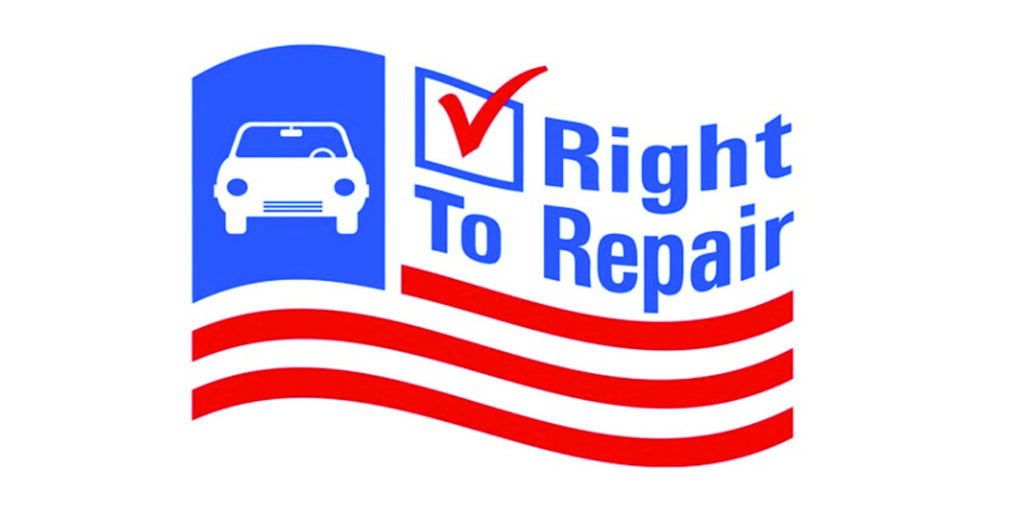This week, the California Lead Acid Battery Recycling Act (AB 2153 – C. Garcia) was signed into law by Governor Jerry Brown. The law takes effect Jan. 1, 2017, with the collection of fees beginning April 1, 2017.
The California Lead Acid Battery Recycling Act creates a state mandated lead-acid battery fee that will serve as a funding mechanism for clean-up of areas contaminated by lead-acid batteries. Consumers will be charged a $1 fee per vehicle battery at point of sale, including for marine batteries. Manufacturers will pay an additional $1 fee on all applicable batteries sold in the state. The money from the fees will be used to clean up areas of the state that have been contaminated by the production and recycling of lead acid batteries. Consumers also will be charged a refundable deposit as part of the purchase to encourage return of their spent battery for environmental recycling.
AB 2153 represented a collaborative effort to codify an effective consumer recycling program for lead acid batteries. The measure also enacts a method to fund the clean-up of the communities around a former lead-acid battery recycling facility in the Los Angeles area.
CAWA, along with the Auto Care Association, Battery Council International, the Coalition for Auto Repair Equality (CARE) working in coordination with the California Retailers Association, California Chamber of Commerce and others, joined efforts to ensure the legislation addressed the lead contamination problem while not disrupting the current existing successful battery recycling system or imposing fees on the retail industry.
“This collaborative approach by industry partners is significant because all levels of the supply chain were represented and the eventual compromise addressed both the environmental issues of concern to the legislature, as well as protecting the current lead acid battery recycling system between retailers and consumers, which boast over 98 percent success rate,” said Rodney Pierini, CAWA president and CEO.
For more information about AB2153 visit cawa.org.










